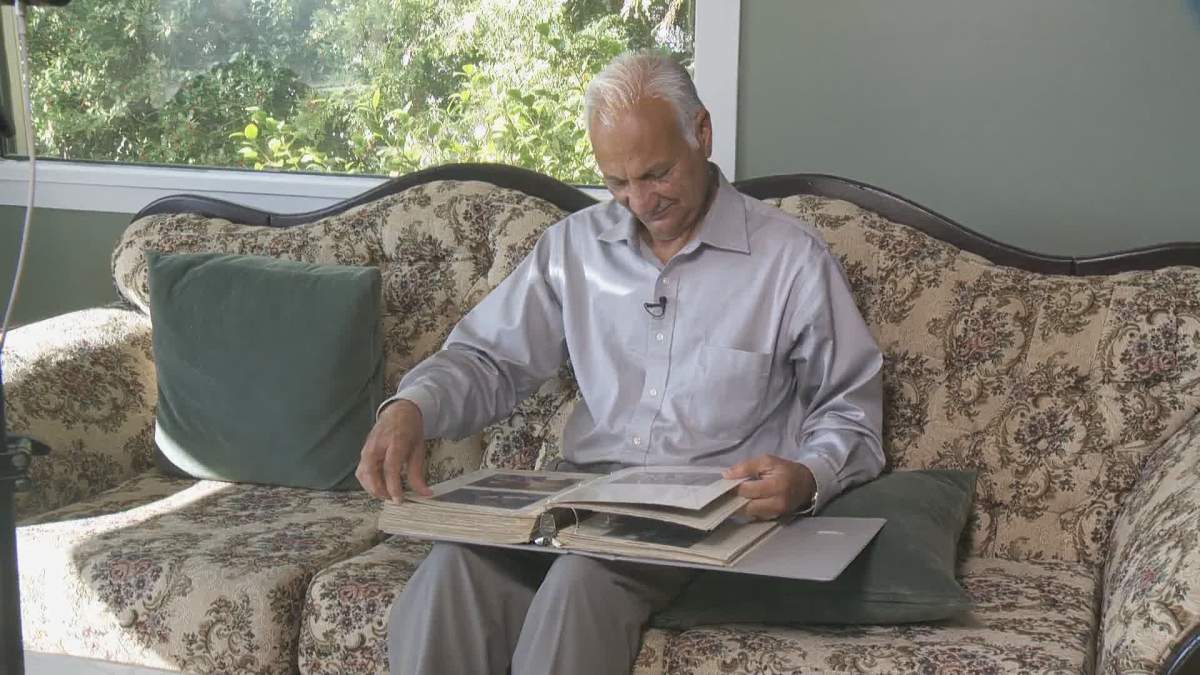In the 22 years since his daughter’s death, Manjit Virk has tried to do whatever he could to prevent other kids from being bullied.

“We were travelling the nation, all over, wherever people invited us we made sure we (would) go there because it was an important issue for us,” said Virk from his home in Victoria, B.C.
His daughter Reena was just 14-years-old when she was swarmed by several teens, beaten and drowned. Her body was found eight days later.

Kelly Ellard and Warren Glowatski were found guilty of second-degree murder in the killing.
The national tragedy became a catalyst for change, sparking anti-bullying and youth violence prevention initiatives but Virk says the deaths of two 14-year-old boys over the last few months have made him question why more progress has not been made.

Get breaking National news
In August, a 14-year-old in Langley, B.C. died of an apparent drug overdose. Video and pictures posted to Snapchat earlier that day appeared to show Carson Crimeni high on drugs, growing visibly agitated while a group of teenagers laughed at him.

Devan Selvey was fatally stabbed outside of his Hamilton, Ont., school Monday. Two people have been charged in connection with his death.
“We thought with Reena’s death people will learn the lesson,” said Virk. “I can’t comprehend why it keeps happening.”

According to PREVNet, a research institute devoted to the prevention of bullying out of Queen’s and York University, Canada has one of the highest rates of bullying among OECD countries.
“Canada is still in the bottom third among international countries, so we’re not doing well,” said Debra Peplar, a psychology professor at York University and the author of “Bullying Prevention: What Parents Need to Know.”

“I think there are many reasons, it’s a complex problem. (Part of) it has to do with children’s social-emotional development and the extent to which schools often focus greatly on the numeracy, literacy and science capacity of youth — and don’t focus on social-emotional development or the development of the whole child.”
Peplar also believes schools need to have a comprehensive plan when it comes to bullying and that parents, students and teachers need to practice what to do about the issue.
“I think we need to give teachers scripts and we need to give children scripts and we certainly need to give patients permission to come forward if they think their child’s not safe.”








Comments
Want to discuss? Please read our Commenting Policy first.